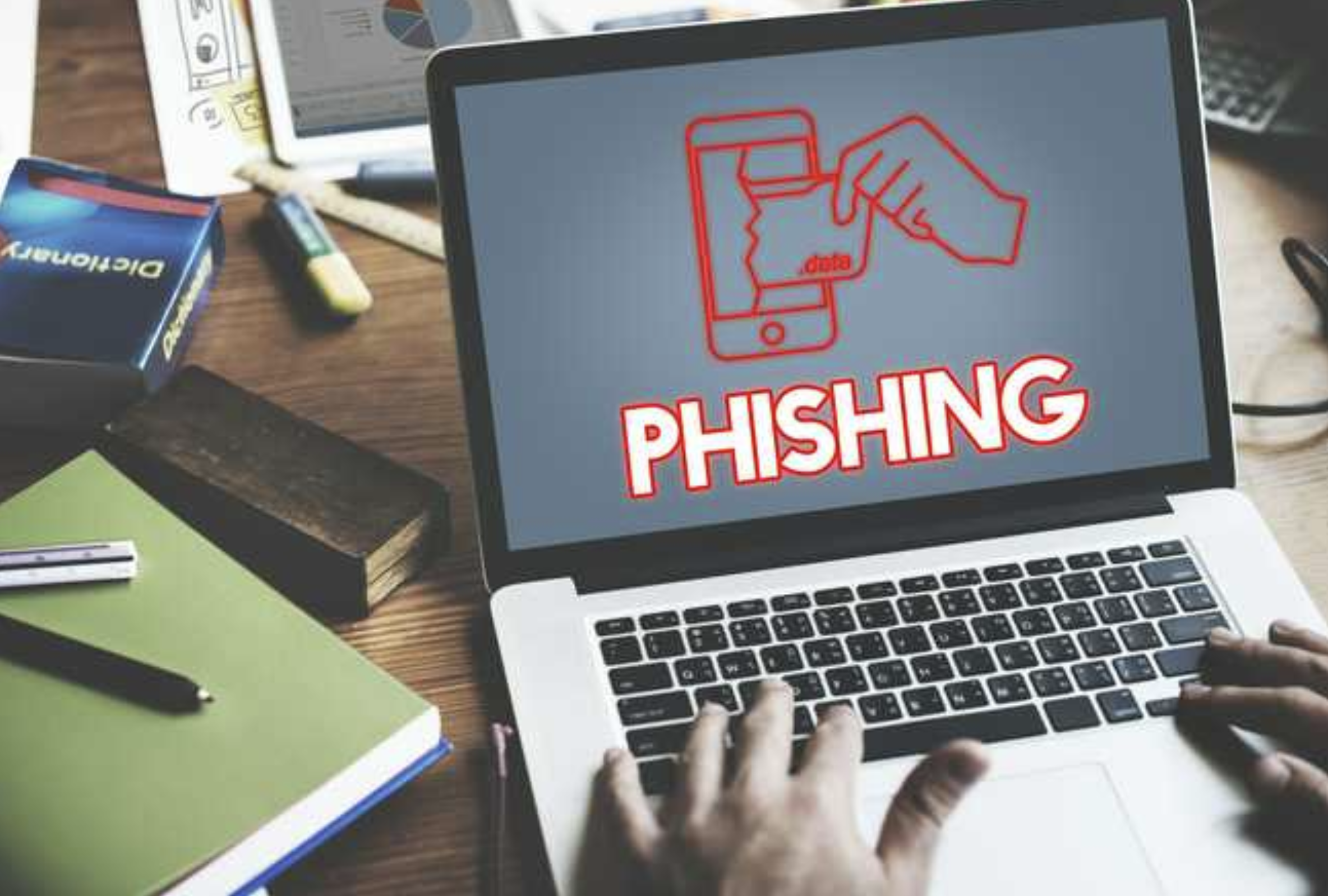As the COVID-19 pandemic has continued, more and more people are becoming victims of various scams. These scams come in the form of phishing and business scams that leave people worried about the information they’ve given hackers access to.
If you’re worried about falling victim to one of these online scams, we’re here to detail some of the scams you should be on the lookout for and ways to avoid them.
Fake Websites
Hackers are taking advantage of the fact that people want information quickly when it comes to stimulus relief or finding out their test results. Because of this, there has been a rise in the number of fake websites claiming to deliver the results that are people are looking for.
When you encounter these websites, you’ll notice that the only thing it asks you for is an excessive amount of personal information. With this information, hackers can open up lines of credit or attempt what’s known as identity theft.
Phishing Emails
Another scam to be on the lookout for is the phishing email. Phishing scams make up more than 70% of scams that people fall for today.
When you receive this type of email, it will ask you to respond quickly by linking a link or sending an email back, including your information. Clicking on these links can leave your personal computer susceptible to a virus or a background application that you’re unaware of.
During this time, these emails will have tons of information or offer to give you information regarding the COVID situation. For example, if you’ve been waiting to become eligible to get the vaccine, you might begin receiving emails asking you to provide information to register for your vaccination.
There’s also been an increase in emails that are giving people information about where they can receive the vaccine and about insurance coverage for the vaccine.
Job Scams
3.3 million people applied for unemployment due to the pandemic and businesses having to lay off their employees. Hackers are aware that people are looking for jobs anywhere possible; therefore, there will be an increase in fake job opportunities.
Scammers are going to make the job posting appear too good to be true by offering the person applying a job where they get to stay home while reaping the most benefits in the process. For example, a job ad may request a personal assistant at a salary of $35,000/year.
For someone unemployed and struggling to make ends meet, this sounds like a dream come true, but in reality, it could leave you without a job and without money if you’ve provided them your bank account information to start your direct deposit to get paid.
False Charities
More than ever, some people are relying on the kindness of others to continue providing for themselves and their families. Because of this, people are turning to charities to ask for help and aid during this time.
Most people give to charities or people without giving it a second thought. Without verifying whether a charity is legitimate, you could lose a significant amount of money to a false charity.
What Can You Do?
We’ve listed several scams that people need to be on the lookout for during this pandemic. Now that you know what you should be on the lookout for, we’re going to detail how you can avoid becoming a victim of these scams.
If you’re vigilant, you can protect your personal information and keep yourself protected against hackers.
When In Doubt Don’t Click It
If you’ve got a question about where an email has come from or whether it’s real, the best thing to do is send it to the trash can. Most email providers will give you the ability to change your settings.
When you change your settings, you can automatically send emails that are questionable to the spam folder. That way, you don’t have to see it, and you definitely won’t be clicking any fraudulent links either.
Do Your Research
When it comes to donating to charities that you’ve never heard of or have little information about, do your research before donating. Take time to check out the background of the charity and look up more information about what they do to ensure they’re legit.
If you do your research and aren’t able to find anything, you shouldn’t donate.
Don’t Give Out Personal Information
If you receive an email, phone call, or text asking for your personal information, don’t do it. Unless you’ve signed up through a secure line to receive information about vaccine registration or things of that nature, don’t provide your information.
Typically, if you’re eligible, the information will come directly from your current healthcare physician sent through a secure patient portal. If the information has not come through something of that nature, it’s probably a scam.
Increase Your Security
Whether you’re working for a company that has had issues with cybersecurity or you’re working on your personal computer, you need to install software that can protect your information. This also includes creating passwords that are harder for hackers to crack.
If you’re the owner of a company and want to know how to protect your business, several companies out there provide cybersecurity services to their clients.
Scams to Avoid During COVID-19
The number of scams that are happening during COVID-19 is massive, and it’s causing people to worry. There’s no need to worry once you’ve read our post and understood that phishing and email scams are on the rise.
If you need cybersecurity help, contact Dash Simplified Solutions. We know what it takes to keep hackers out and your personal information secure.



